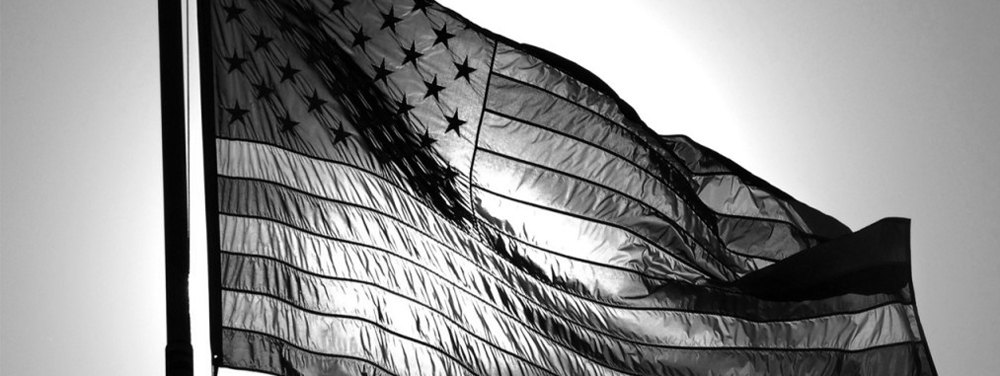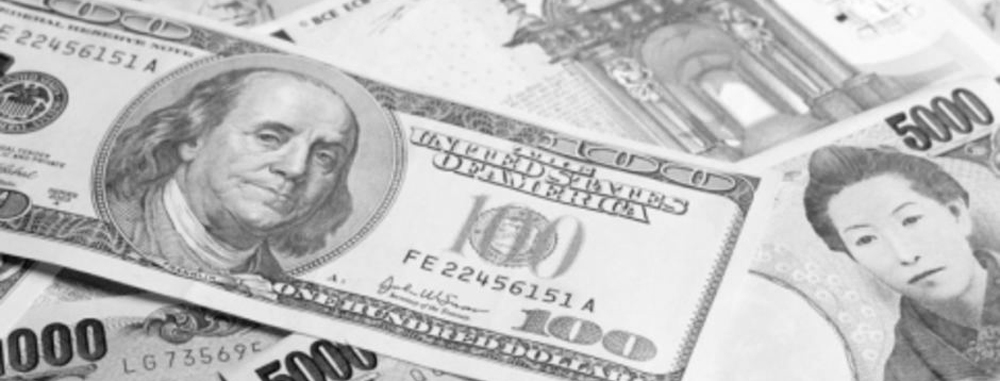I have a very ambivalent relationship with Christmas, for several reasons. Being an atheist is part of it, but not the most important part, since most of the celebrations I attend are not religious (and I think the season has lost most of its overt religious overtones in any case). My ambivalence stems more from the orgy of materialism that happens this time of year. This is not a new story; many people lament the focus on gifting. But lately I have been lamenting it from a broader perspective. As I have done my gift shopping this year I have been more aware than ever before of the economic aspects of the Christmas season. In particular, I have been doing a great deal of thinking about the cheap seasonal items that litter the aisles of department stores from Neiman Marcus to Walmart. Of course the point is to get people to buy buy buy, but at what cost? Literally, that cost can be very low; for example, I saw a display of holiday-themed watches at Macy’s, bedecked with garish holiday motifs, selling for $9.99 and an additional 20% off on top.
So, these cheap watches are retailing for around $8, which means they may have cost Macy’s $6, which means they were manufactured for perhaps $3… and they will probably last for maybe two holiday seasons before breaking or simply being tossed away. That, to me, is an environmental cost. In addition, there is a social cost in considering the wages paid to the overseas laborers who made the watch. To make and sell a watch that only retails for $8 probably means that the wages being paid the workers are vanishingly low. Is it worth all the associated costs to make it possible for us to buy this essentially disposable, unnecessary item?
On the flip side of the cheap seasonal gifts is the focus on big-ticket items like gaming consoles, computers, phones, and the like. When did it becoming standard operating procedure for people of average income to buy gifts costing hundreds or even thousands of dollars? The newest iPad, for example, costs a minimum of $499 for the bare-bones version. A new iPhone can cost even more. The latest XBox is priced at around $550 – and that’s the holiday sale price for the unit with the fewest accessories. This level of gifting goes not just for adults but for children. My little cousin, who is not yet 10, asked for an iPod Touch and a Bose speaker to go with it. I don’t blame her for it; it’s what all the kids want, just like I wanted (and got!) the Barbie Dream Camper when I was around the same age. It just seems that the de rigueur toys are becoming more and more expensive, and people are more willing to go into hock to get them.
Gifting has ancient cultural origins that are rooted in the concept of reciprocity. Generalized reciprocity is what happens when people who are very close do things for each other without expecting anything in return – things like household tasks, food procurement, and the like. It’s what people do to manage all that needs to be done in a small, tight-knit group and it has its modern-day equivalent in things like doing laundry, taking out the garbage, etc. Everyone contributes (or should) and no one expects payment. However, move outside the family group and reciprocity becomes more complicated. Balanced reciprocity requires that individuals provide mutual assistance – basically, if you scratch my back, I’ll scratch yours. Relationships can go sour quickly if one person doesn’t hold up their end by doing something for the other person in return. This is where things start to move from reciprocity to obligation. A person who has done many things for someone but hasn’t been paid back can gain power over that person, because favors owed are a form of currency. This is essentially the beginning of resource stratification and ultimately income inequality; those who owe are obligated to the person who gives, and those who owe eventually can become slaves (or, to put it in Marxist terms, proletariat). In his book Cows, Pigs, Wars, and Witches, Marvin Harris quotes an Inuit proverb that speaks to this idea: “Gifts make slaves just as whips make dogs.” I would argue that in many ways we are now slaves to an unbalanced system of reciprocity wherein we not only feel obligated to each other, but to an economic system that overwhelms us with messages convincing us we need things that in reality, we simply want. We are less in thrall to each other than we are to the entire capitalist ideology and the myriad hegemonic messages of status-seeking and vertical mobility that keep it firmly in place. And it is this system that compels us to spend $9.99 on a cheap watch to give to someone out of a sense of obligation more than a real desire to give them a gift. We’ve all had that feeling: “What am I going to get for great-aunt Martha? I know, here’s a cheap watch!” Is that really what we should be doing?
All this may sound too complex to explain the simple idea of showing people we care about them by giving them a gift. That idea is still there, but I think the demonstration of it is what has gone awry. I believe just as much appreciation can be conveyed by a small but well-chosen token as by an extravagant gadget or bauble. And I think the joy of the season should be returned to appreciating things that we might not otherwise have. How can a thing be special when it is expected or demanded? When my grandfather was a boy growing up in the far northern reaches of Canada, he said he looked forward every December to the special and exotic gift to his family of a box of oranges delivered by plane. Just imagine being excited by such a thing today. Perhaps the thing to do is to remember the difference between want and need, both when giving and being asked what we would like to receive. I’m not suggesting that we should only ever give people socks and underwear, but simply that we remember what is really important: relationships, experiences, and the occasional meaningful gift instead of the orgy of expectations and obligations that characterize this time of year. We should remember that things do not make us who we are, and giving to or receiving things from people we barely know or see creates a web of reciprocal obligations that can spiral out of control and lead to cheap and pointless gifting and all its associated economic exploitation and environmental waste.
In my final analysis, I’d like to see the whole idea of Christmas giving turned on its head by being happy with what we already have. As hokey and cliche as it sounds, let’s give of ourselves for the holidays. Let’s spend time together. Let’s enjoy something traditional that is symbolic instead of extravagant – like my grandpa’s box of oranges. Let’s stop giving things and give thanks instead.



